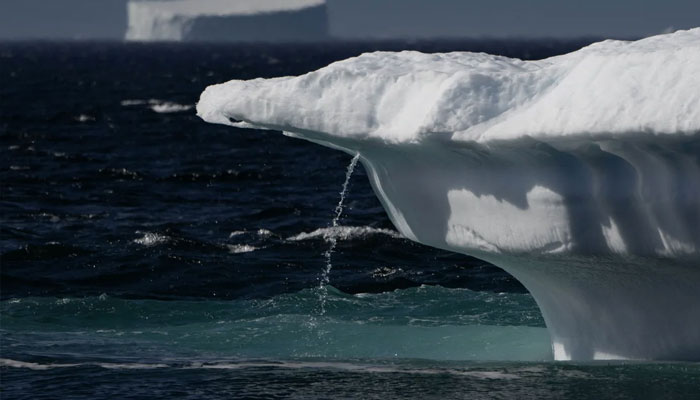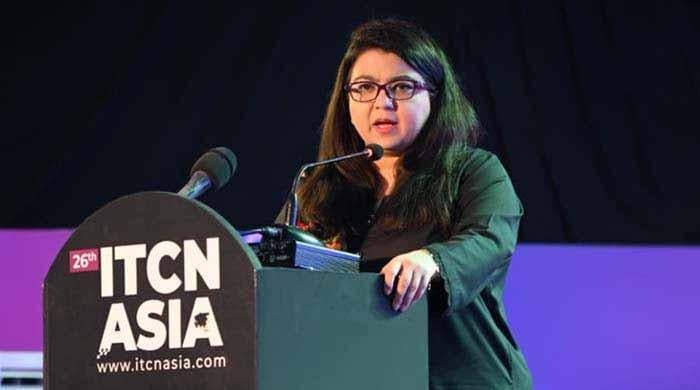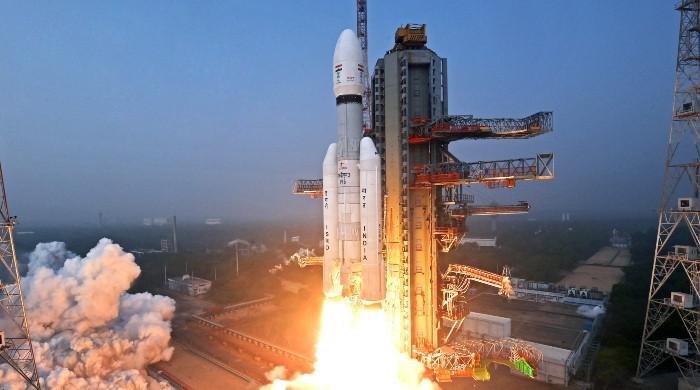How melting polar ice is altering Earth's rotation, and time itself?
Global warming impact: Time to lose a second due to polar ice melt
March 28, 2024

The intricate dance of Earth's rotation, governed by melting polar ice and shifts in its core, is reshaping time itself, according to a recent study, CNN reported.
As the planet's rotation subtly fluctuates, influenced by both natural forces and human activity, the world inches closer to a momentous event: the removal of a second from the global time scale.
The research, published in Nature, focuses on the dynamic interplay between Earth's external part and its molten inside, which determines the speed of our daily routine.
Nevertheless, our time system stability is about to be disrupted as the Earth's rotation accelerates, due to the uneven melting at the poles and the mixing of the Earth's core.
While this effect may seem insignificant, the consequences of losing another second resonate through various systems like stock exchanges.
This entails a millisecond precision to ensure there are no critical failures. Nonetheless, a quirk lies in the adjustment of computing systems for subtracting a second, a task that might multiply error chances.
Dr Duncan Agnew, the study's author, emphasises the uniqueness of the Earth's changing spin which is not just linked to the melting poles but also some mysterious processes within the planet’s core. While the complexities of the data cannot be overlooked, these findings nonetheless portray the astonishing power of humanity reshaping our planet's intricate balance.
In some cases, the influence might be far-reaching and in other cases, for the majority of people, daily life will go on as usual. Nevertheless, it has already pulled the curtain aside and exposed the true, terrifying power of human-made environmental degradation.









